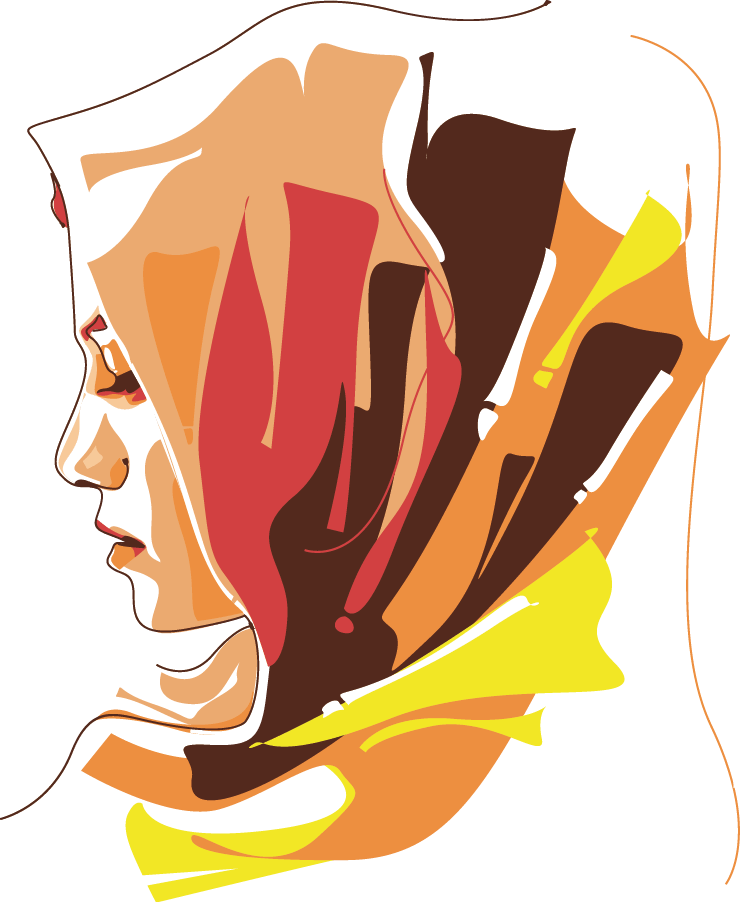On a fine morning, a young lady seeking a job sends her resume to a company that then invites her for an interview and later offers her a job based on her work experience and skills. She accepts it and begins a new chapter. This sounds very ordinary, and yet in 2021, things in Egypt don’t go as smoothly for everybody. The reality of work life holds unpleasant surprises for many. Nada Salah El-Din is a twenty-nine-year-old Egyptian hijabi, born and raised in Saudi Arabia.
Faced with a great deal of discrimination because of how she dresses, she wrote a Facebook post that received massive engagement. We contacted her to verify what she went through during recruitment in that particular incident. Although we legally can’t reveal the discriminating employer’s identities, we decided that her side of the story must be voiced on our platform. Unsurprisingly, this wasn’t her only incident.
It all started when Nada was looking for a job after she had left her previous one. A business graduate with a major in Human Resources, She had seven years of experience and what could be called an impressive resume. She had gained experience working as an administrative assistant in major construction companies in Saudi Arabia and Egypt. She also worked as a tele sales agent, social media executive, and HR specialist in other firms.
One day while on the job hunt, she received a rejection letter to a job that she had applied for earlier . “I later found out from an insider that I had gotten rejected because of my hijab,” says Nada. This rejection didn’t come as a shock to her. “I see a lot of job postings saying, ‘We don’t hire hijabis.’“ She adds.
While she was still hunting down jobs, she received a phone call from someone launching a new real estate company and looking for sales employees. “When he called me, he explained I was recommended to him by a mutual friend who gave him my number,” she recalls. He explained to her that the position came with a promising salary package and he demanded to see her resume. After having sent a resume that included a photo, he didn’t respond.
“I asked him if the problem was my hijab and he confirmed. I scolded him for wasting my time. He could’ve inquired for this piece of information earlier.”
Not long after that, she found an advertisement demanding an administrative assistant. A man called about her application and asked to interview her over the phone. He wanted to do a 45-minute phone interview. She sent him her available time slots and he never called. “I called him and he responded by asking me if it was necessary to work with my hijab. I said that it was. He asked about my marital status, I told him I was engaged. He was no longer interested in my application,” she elaborated.
“I am almost 30 and about to get married, so I want to build a career path but I am devastated ever since I came back to Egypt.”
“I don’t mind being rejected for being incompetent or underqualified, but not for how I choose to dress. I never judge other people for how they dress and I want society to treat me similarly,” she emphasized. She explained that she had come across all kinds of mindsets.
According to her, some people believe hijab displays a lower-class image. Some think that a sales employer should be blonde and beautiful to sell better. Others don’t like to introduce diversity to their company and prefer that all women look the same.
Nada believes that there should be laws to protect her identity and choice, and if there were any legal actions, she would go for it without hesitation.
The Legal Status
The law in Egypt protects women from wage discrimination. It clearly advocates equal pay for equal work. But there isn’t a law that regulates or protects women from discrimination based on how they choose to dress in the recruitment phase.
Discrimination against hijabis is an issue that needs to be discussed and deserves a conversation in our society.
Do you think the law should play a more significant role? If so, how? Does the solution lie in changing the mindsets of employers and consumers who don’t want those wearing a hijab work for or serve them? And why do you think this issue lingers to this day, given we’re in a country with a muslim majority and seemingly countless hijabis?




























